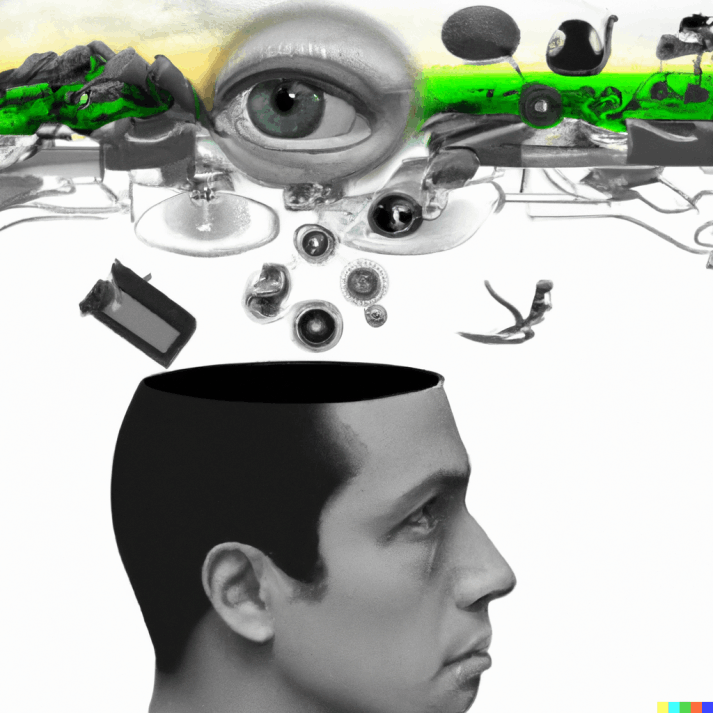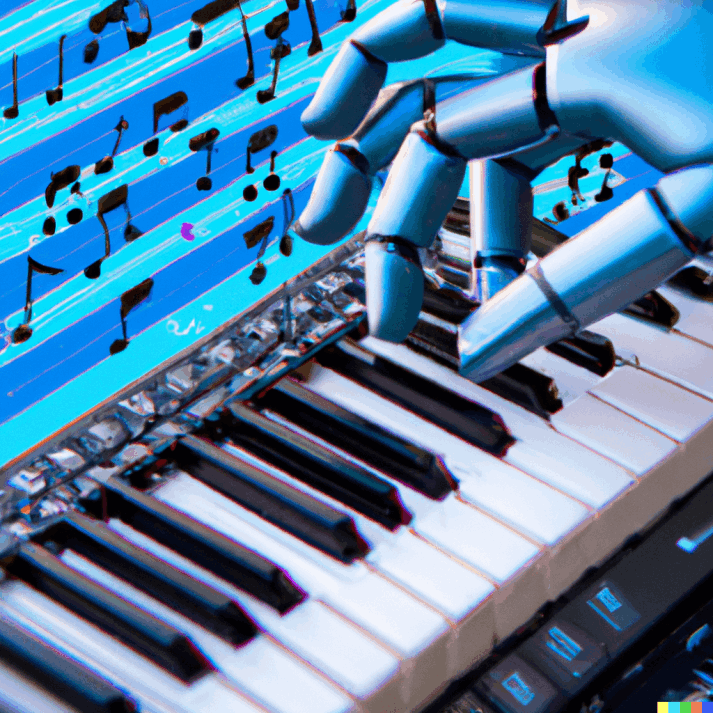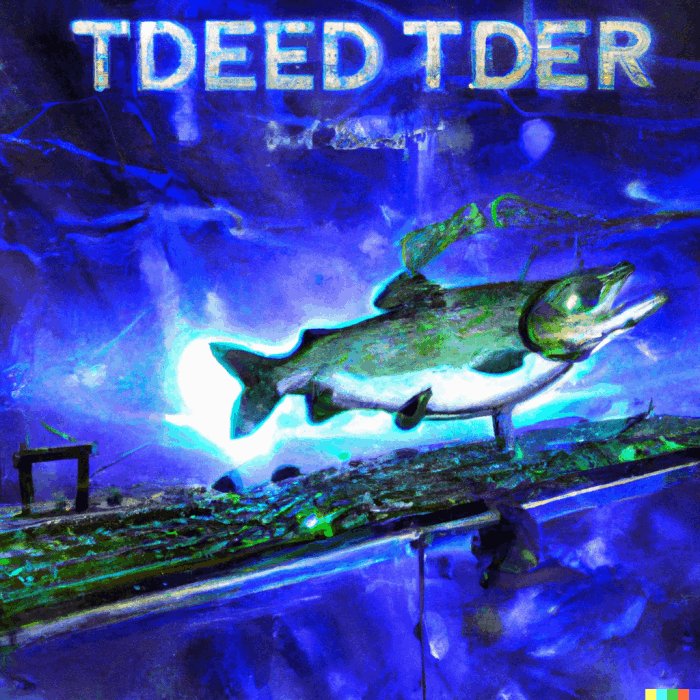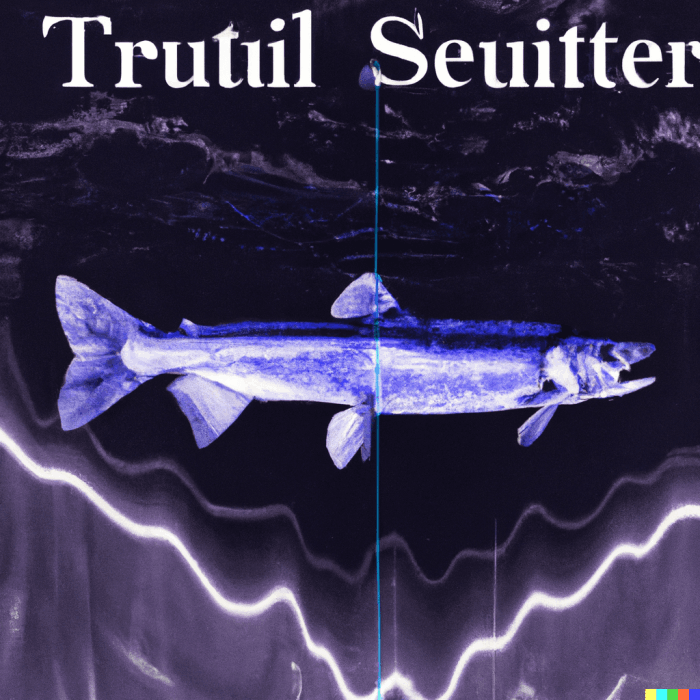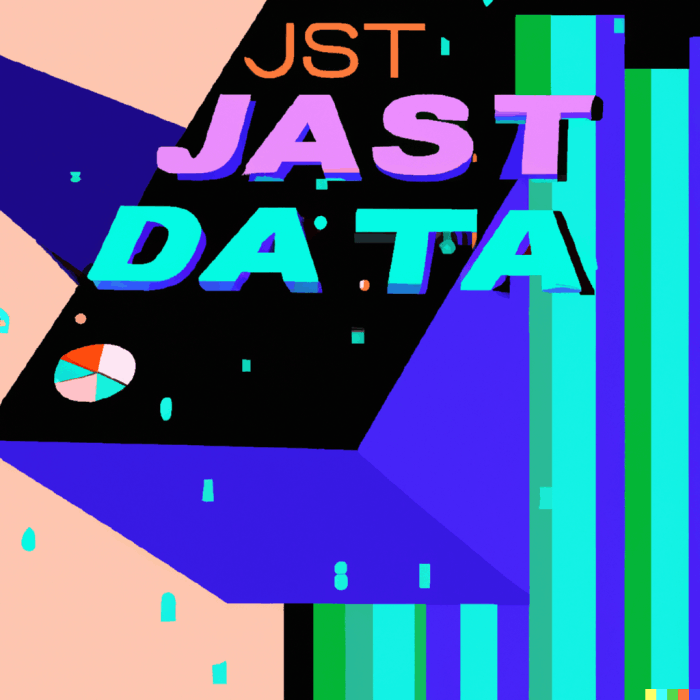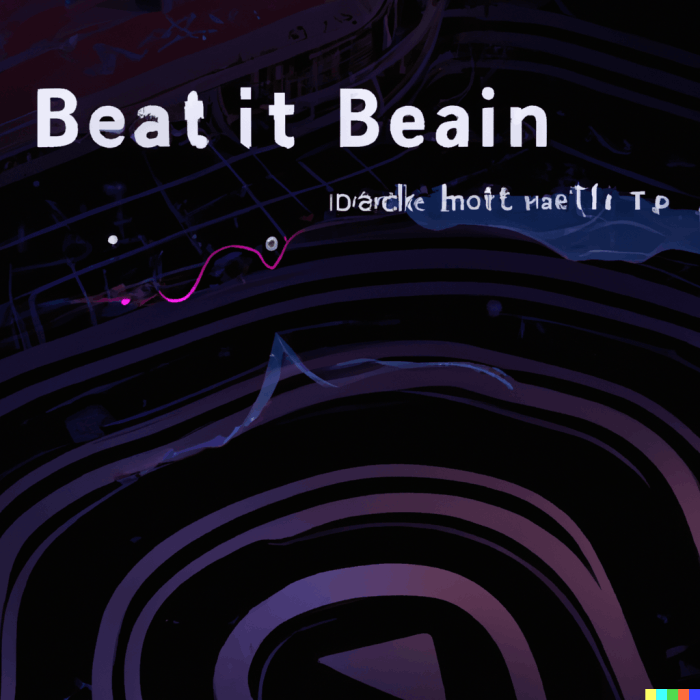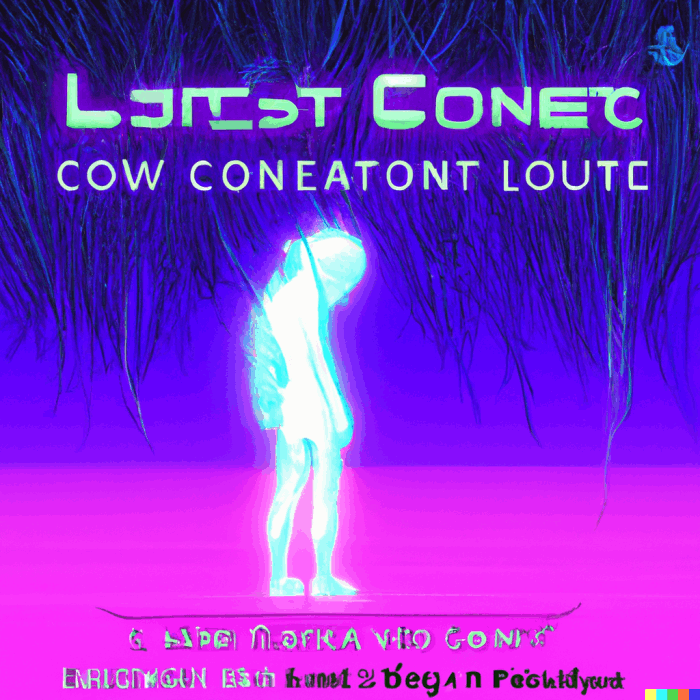Artificial Intelligence (AI)
AI is the science of creating computer programs that give machines the capacity to perform mental functions that resemble what humans do. This includes things like perceiving the world (e.g., seeing, listening), learning simple and complex things, reasoning and solving problems. At present, there are many (very specific) tasks that AI machines can perform very, very well (sometimes more accurately and faster than humans) and the possibilities seem to be endless (especially given that capacity that computers now have). Nonetheless, they we are still far from machines performing complex intellectual tasks that mirror the flexibility and autonomous ways in which humans learn, solve problems, adapt to continuously changing environments, and make complex decisions.
(Image on the right generated by DALL-E)
